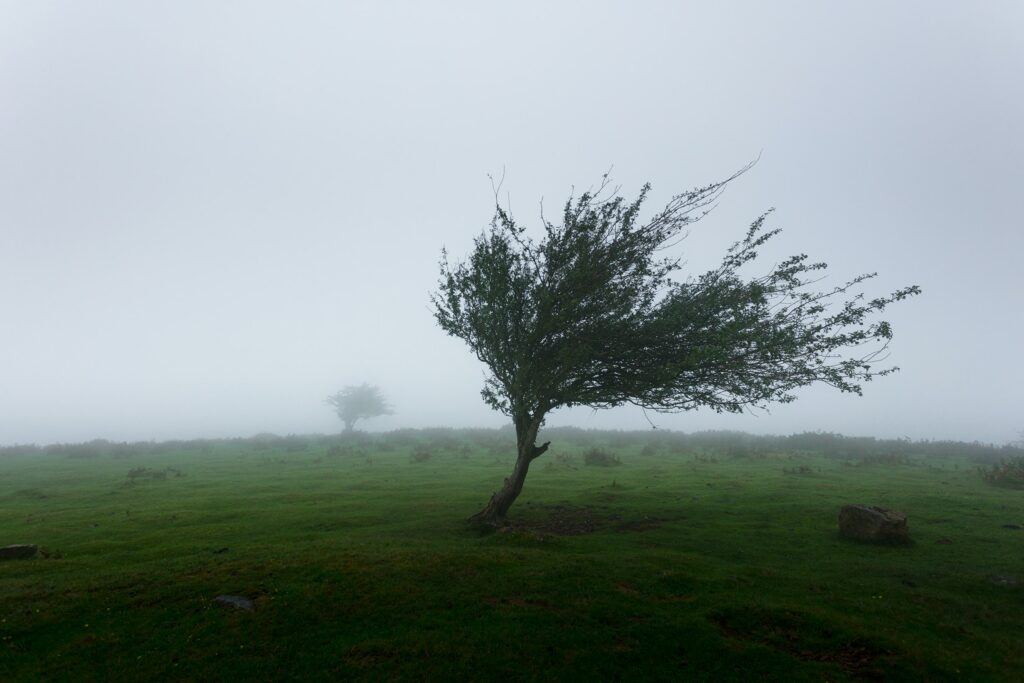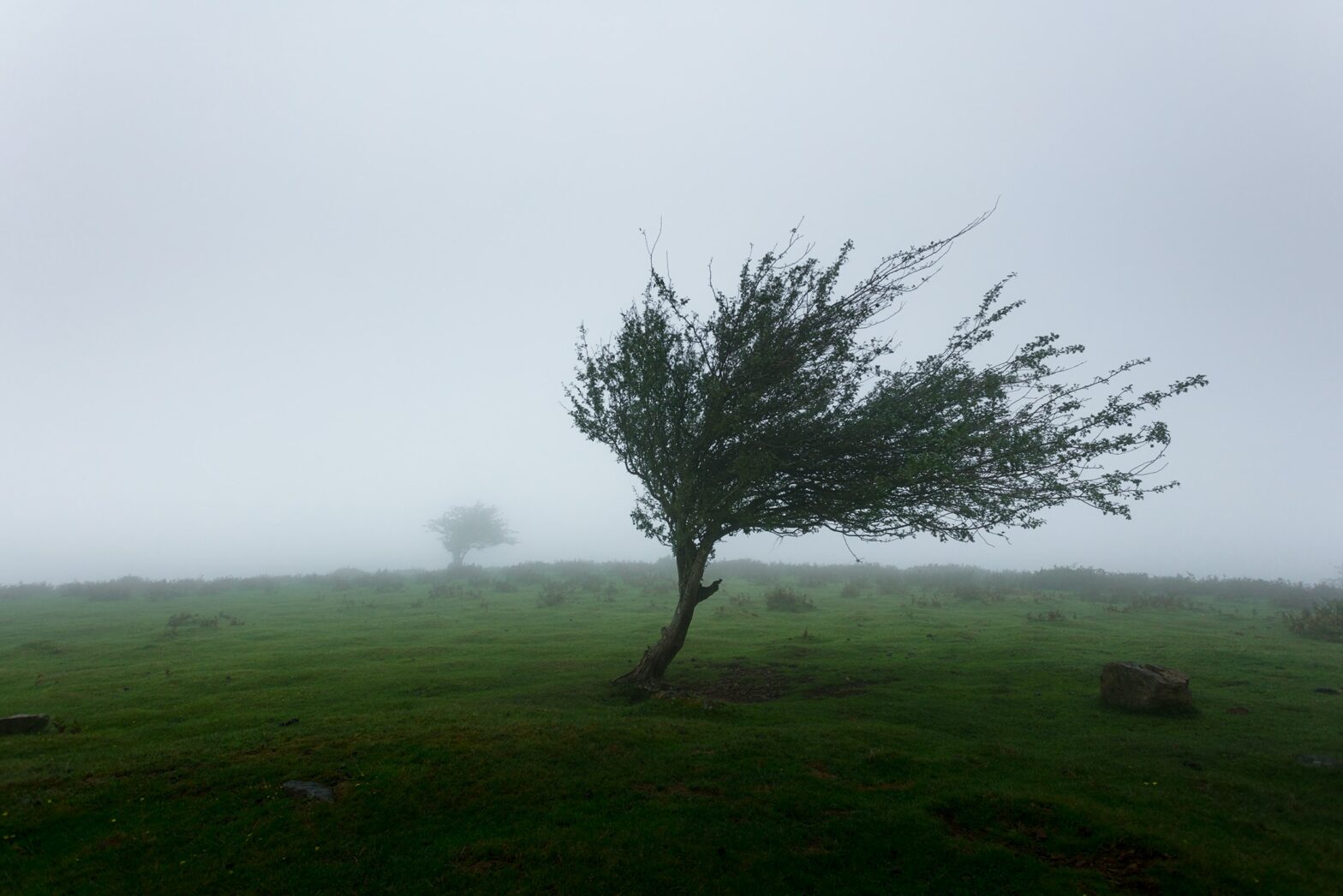So, this is my first attempt at a sound trailer for a series of documentary podcasts that I might title, Against the Wind.

I’m really curious about the nature of innovation and why so many great ideas seem to languish over time and never reach a scale that we might call mainstream. Friends and colleagues have been the instigators of great ideas and have devoted tons of energy, enthusiasm and reputation to build community and resources that benefit all, and yet these innovations remain sub-threshold in the grand scheme. I want to understand what’s going on…
The trailer is short. I’m still learning to use the tools. The synthesizer loop is from Looperman.com. The trailer was produced and edited in Hindenburg Journalist Pro.
Transcript:
I’ve been involved in projects at the pointy end of educational innovation for about 30 years and have seen and played with lots of cool ideas. What’s interesting to me is that some of these ideas evolve, take shape and sometimes persist for long periods, but for some reason they don’t seem to grow much in overall magnitude. Some follow alt pathways, or become cul-de-sacs of innovation that attract lots of earnest proponents, but never seem to scale to a level approaching mainstream adoption.
Open educational resources is a great example of this phenomenon. After 20 years of funding by governments and foundations and advocacy efforts by educators worldwide, I wonder whether OERs are more than a 10% solution in the context of every other resource available to educators. What is it about these innovations that resists scaling?
This podcast in the Against the Wind series will explore gnarly problems like scaling open practices such as OER. We’ll hear from colleagues, researchers and other expert commentators about their experiences. Join us for the upcoming inaugural podcast where we’ll ask whether scale has become a bad word for educational innovators.


The music in the background was really well done. Your voice was clearly audible over the sound (something I’m struggling with).
Hi. Thanks for the response.
It took me a while to figure out how to move the audio under the voice, but I found a tutorial that helped me. In the end, the waveform looked like this before I exported the file to mp3 for upload…
Link: Waveform1
I’m enjoying everybody’s submissions so far, and getting a few more ideas from their experiments. Thanks again.
dp
I thought your voice, tone and inflection was excellent and very authoritative. I enjoyed the background music as well.
This sounds great! Very professionally done!
Thanks everyone for comments. Hoping the trailer lives up to the plan.
Wow, this sounds ready to go! Looking forward to hearing your interviews, and maybe learning a bit about your process for conducting and recording them. Learning the ins and outs of interviewing is something I’d to do, myself.
Thanks Tim. Listening again, I think could have picked up the pace of the narrative track and maybe could be more conversational in tone. It felt a little slow and deliberate.
I’ve been thinking about the interviews and definitely want to do them as conversations, probably using ZOOM to record them remotely, or in-person only if possible or reasonable. I had lunch with a colleague last week at a local restaurant and we could have recorded there because the ambience might have worked.
In any case, I’m thinking of weaving interview clips into an overall narrative to tell a multi-faceted story.
Pace is so hard — I often listen back to myself and feel it sounds pressured or harried, even when it sounded “normal” in my head. I often think about how we all perhaps move through the world at comparatively different paces.
Anyway, this is lovely and compelling work — I would subscribe!
Thanks, Brenna.
I think we all believe we sound a little differently than we do, and it has to do with in-our-head expectations, as you note. I’m going to try a few different paces for this week’s assignment before I submit.
So nice to hear your voice again…it has been so long…
Hey Jon. Thanks for the kind words.
It’s a delight to be back in BC after four years at eCampusOntario and then Humber College. I’m still busy with projects and working with the Resilience by Design Lab at RRU on its Adaptation Learning Network initiatives.
Wow, am I ever looking forward to this podcast series. I love the way the frame the focus of your series and you have such a wealth of experience and knowledge to draw on. And as someone who has personally struggled with some of the practical effects and implications of scale, I think that’s a fascinating angle.
And fantastic delivery and production too (that waveform photo is cool – different than how a similar effect in Audacity).
Thanks Brian. Much appreciated.
I had lunch with Irwin DeVries last Friday to catch up and we discussed the idea. I would love to have you as an interview guest – so get ready for the invite.